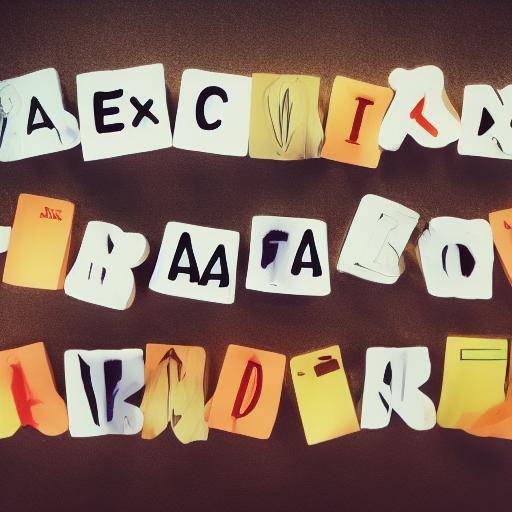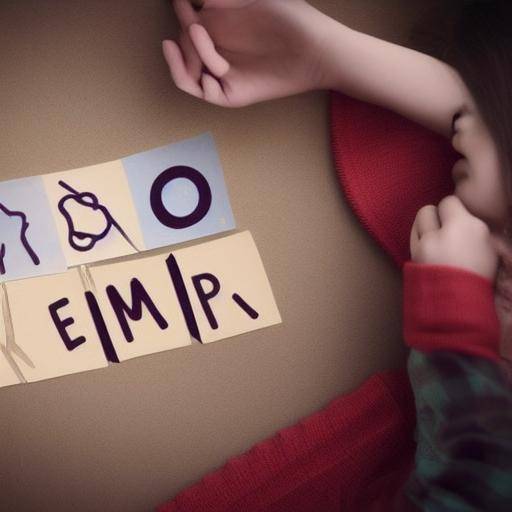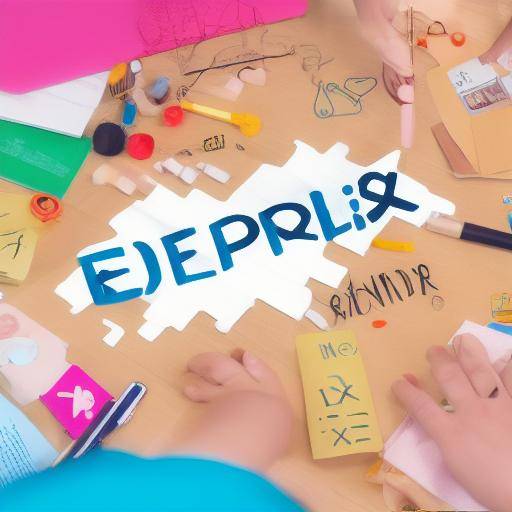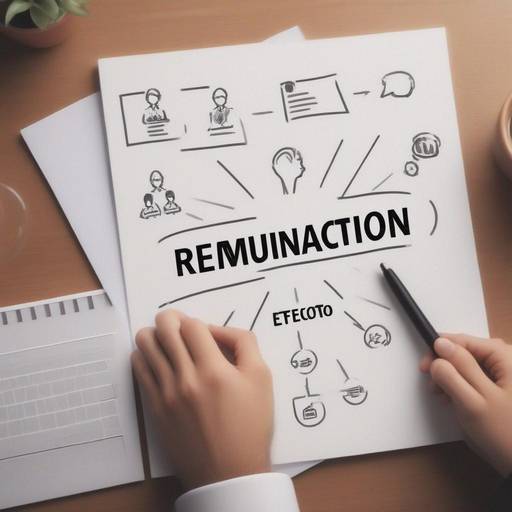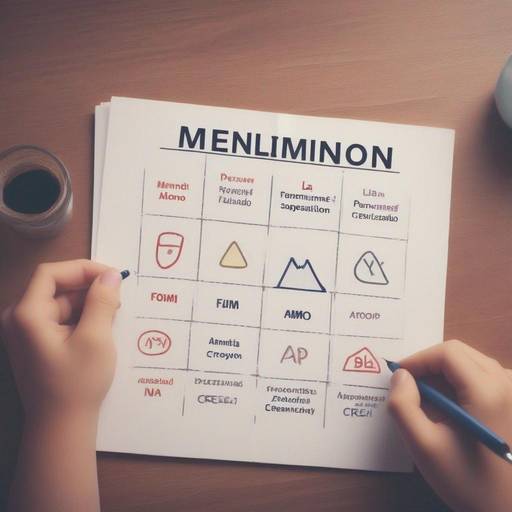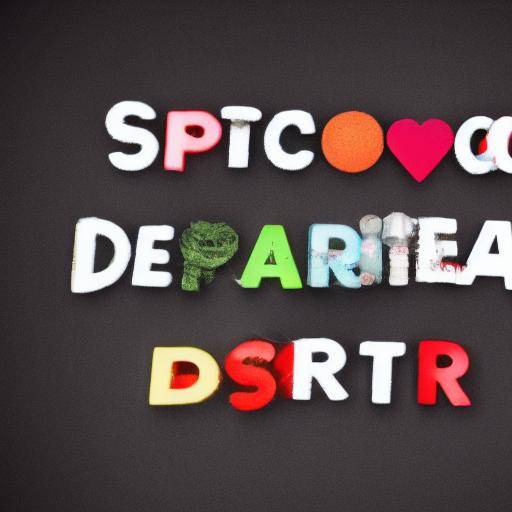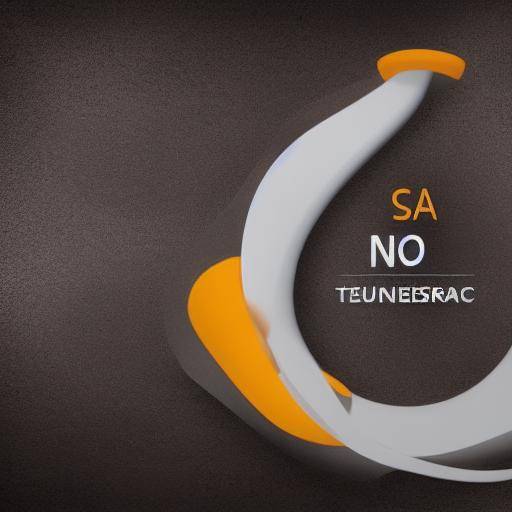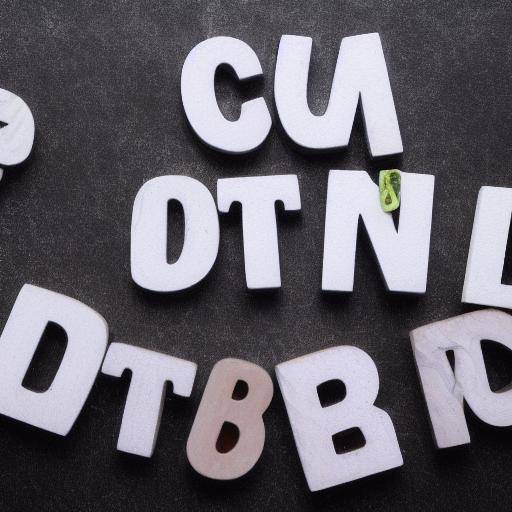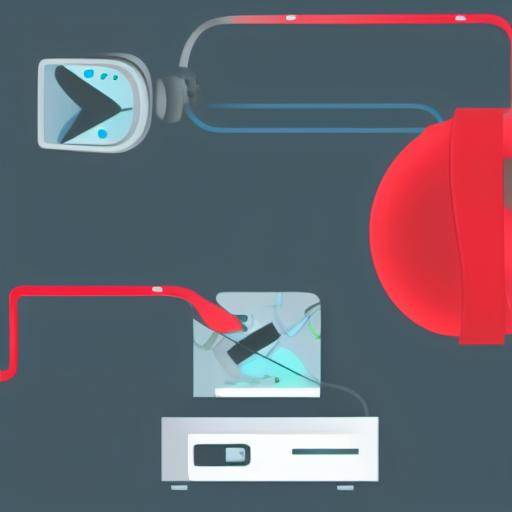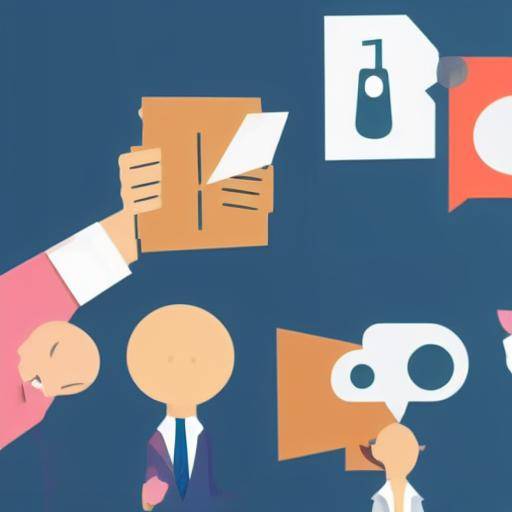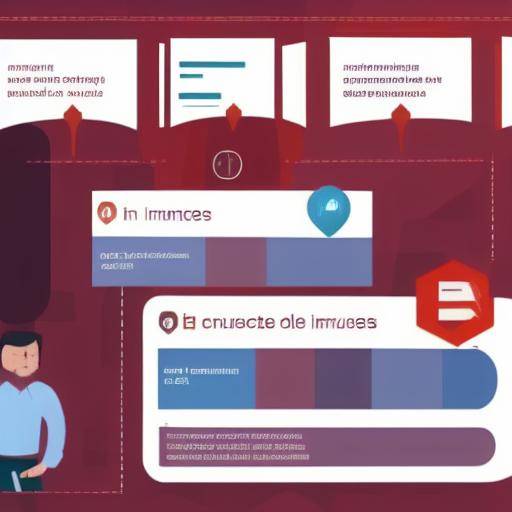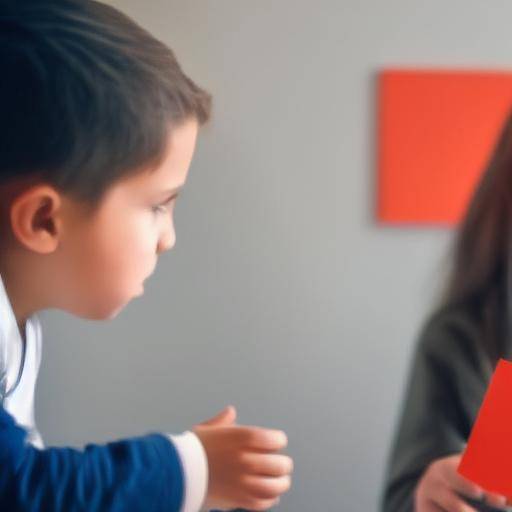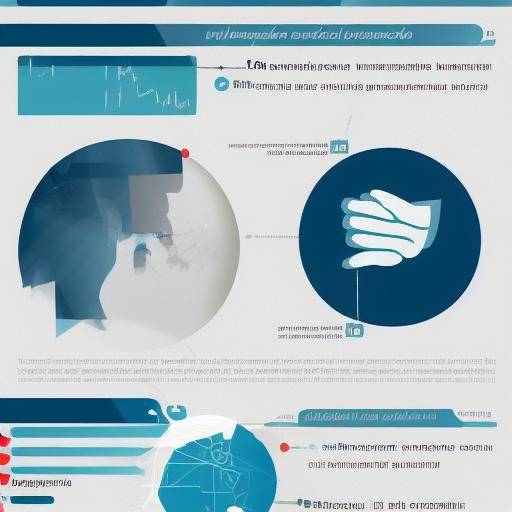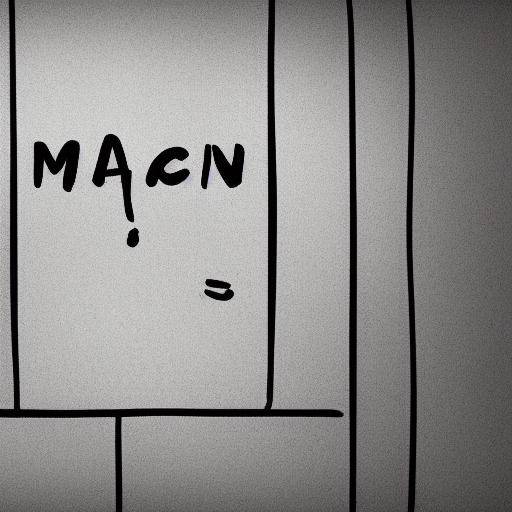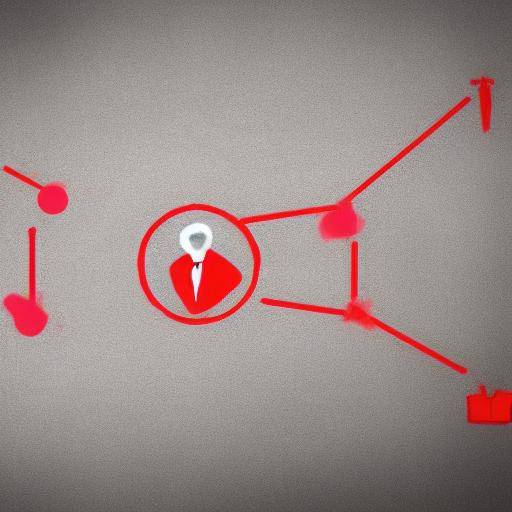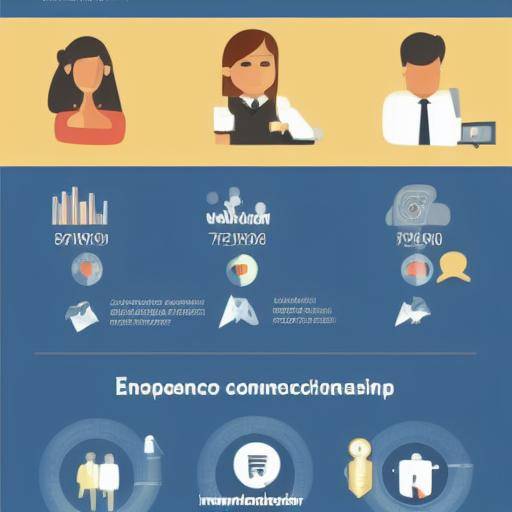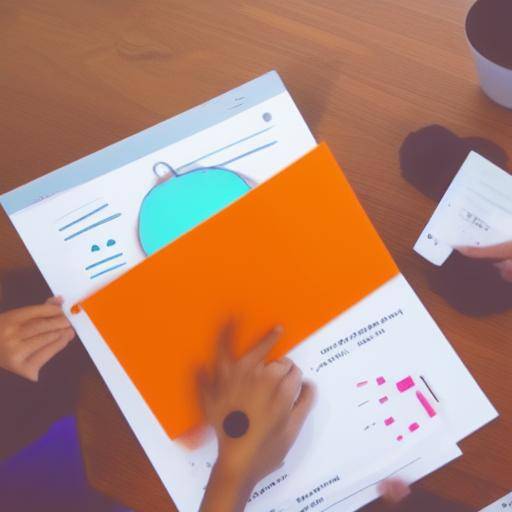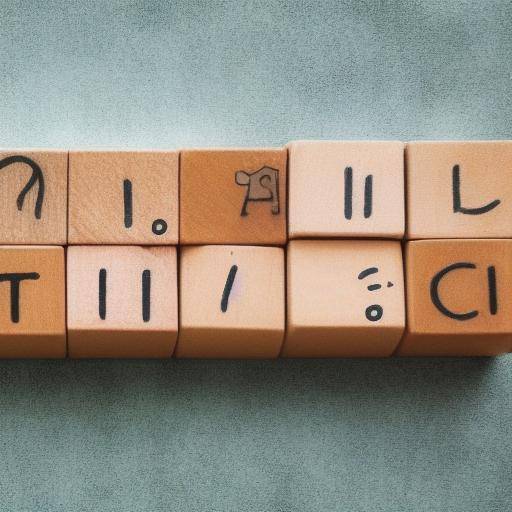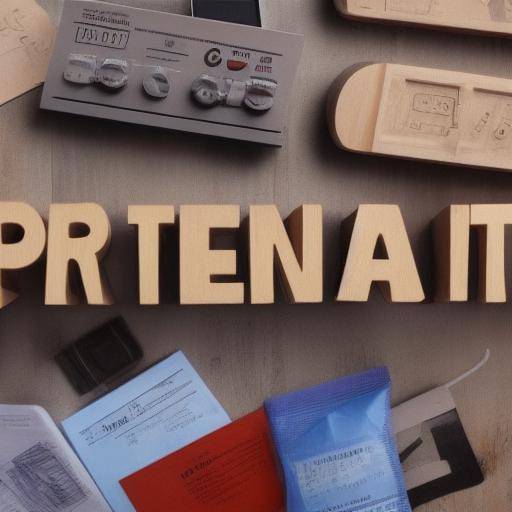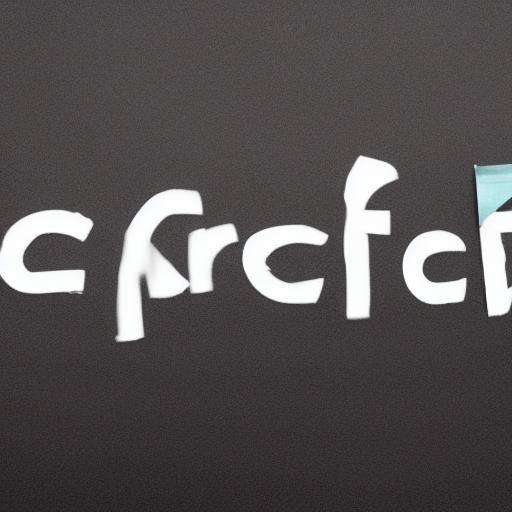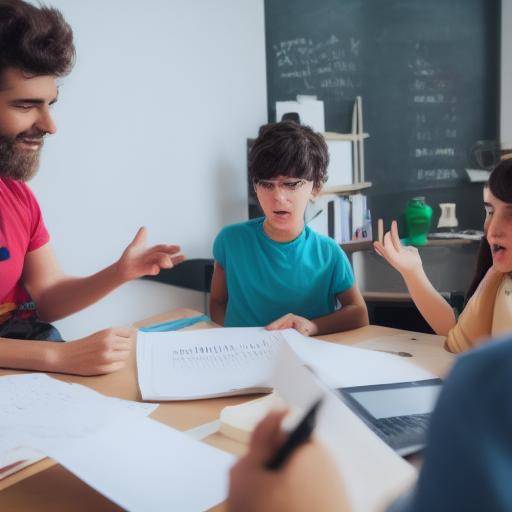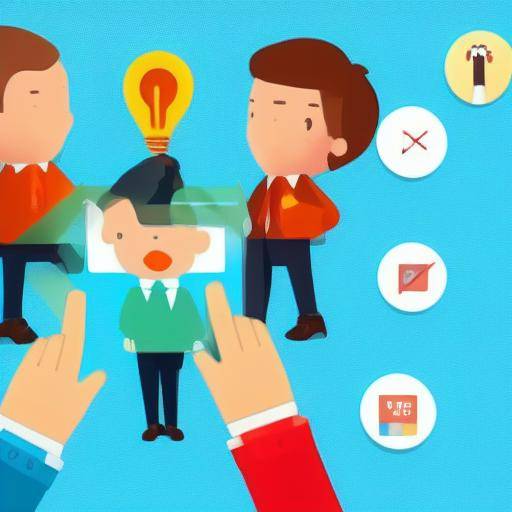
Introduction
Effective communication is a fundamental skill that influences all aspects of our life, whether in the personal or professional sphere. Mastering these skills can open doors, strengthen relationships and improve the quality of life. In this article, we will explore how you can develop effective communication skills that will allow you to achieve your goals and relate more positively to others.
History and background
Communication skills have a long history that goes back to the dawn of humanity. From oral language to non-verbal communication, humans have sought ways to convey ideas, emotions and concepts. Over time, these skills have been perfected and studied in various disciplines, including psychology, sociology and linguistics.
Throughout history, prominent personalities have influenced the evolution of communication skills. From ancient philosophers to contemporary leaders, each period has witnessed significant advances in this field. For example, the development of non-verbal communication in areas such as anthropology and psychology has been studied, revealing the importance of gestures, posture and facial expression in human interaction.
Deep analysis
Today, effective communication is recognized as a crucial skill in all spheres of life. However, many face challenges in trying to improve their communicative skills. Several studies have shown that people with strong communication skills tend to have higher levels of labor satisfaction, more stable relationships and better mental health.
Some of the most common barriers to effective communication include lack of active listening, difficulty expressing emotions and inability to understand each other's point of view. However, with proper understanding and constant practice, it is possible to overcome these challenges and develop exceptional communication skills.
Comprehensive review
Effective communication is a versatile skill that can be applied in a wide range of scenarios, from business negotiation to interpersonal conflict resolution. In the working environment, effective communication can improve productivity, strengthen team cohesion and reduce misunderstandings. In the personal sphere, these skills can enrich relationships, improve empathy and stimulate greater mutual understanding.
To perfect communication skills, it is essential to understand the fundamental principles of communication, such as clarity, empathy, asertivity and active listening. Regular practice of these skills in everyday situations can help you internalize them and apply them naturally in different contexts.
Comparative analysis
Communication skills, effective communication and personal improvement are inherently related. While communication skills cover a wider range of competencies, effective communication focuses on the ability to deliver a message clearly and understandably. On the other hand, personal improvement involves the continuous development of all the skills necessary to achieve the maximum potential in communication and other aspects of life.
A clear example of this interrelationship can be seen in the workplace, where effective communication is fundamental to leading teams, establishing relationships with clients and collaborating with colleagues. By constantly improving communication skills, it is possible to detect areas of personal improvement, which in turn contributes to individual growth and development.
Accessible practical advice and advice
- Practice active listening: Pay attention to what others tell you and show a genuine interest in your opinions.
- Use effective body language: Manage your posture, voice tone and facial expression to communicate clearly and openly.
- Meet your audience: Adapt your way of communicating with the person you interact with, considering your perspective and specific needs.
- Practice empathy: Putting you in the place of others allows you to better understand your emotions and opinions, which leads to more effective communication.
Conclusions and FAQs
Conclusions
Developing effective communication skills is a continuous process that requires constant dedication and practice. By mastering these skills, you can significantly improve your personal and professional relationships as well as your general well-being. By applying the advice and principles discussed in this article, you can move towards more effective and satisfactory communication in all aspects of your life.
Frequently asked questions
How do I improve my ability to express my ideas clearly?
Expressing ideas clearly requires practice and clarity of thought. To improve, you can start by logically organizing your ideas before communicating them and identifying the key points you want to convey.
What is the importance of effective communication in the working environment?
Effective communication in the working environment is essential for the success of organizations. Improves productivity, strengthens interpersonal relationships and minimizes misunderstandings and conflicts.
How can I learn to be more assertive in my communication?
Assertivity can be developed by practising the clear and direct expression of their needs and opinions respecting the rights and opinions of others.
Is effective communication reduced only to verbal language?
No, effective communication encompasses both verbal and non-verbal language. Body language, facial expression and voice tone play a crucial role in transmitting clear and effective messages.
What is the impact of effective communication on personal relationships?
Effective communication strengthens empathy, mutual understanding and conflict resolution in personal relationships. It favors more satisfactory and meaningful communication.
How can I stay calm during difficult communication situations?
Practicing emotional self-consciousness, breathing deeply and maintaining an approach to constructive solutions can help keep calm during difficult communication situations.
In conclusion, improving effective communication skills entails a number of benefits at both the personal and professional levels. Empathy, active listening and assertiveness are key pillars for positive and meaningful communication. By implementing regular practices and working on the integral development of these skills, it is possible to achieve a high level of communicative competition that transforms relationships and how you relate to the world around you.


